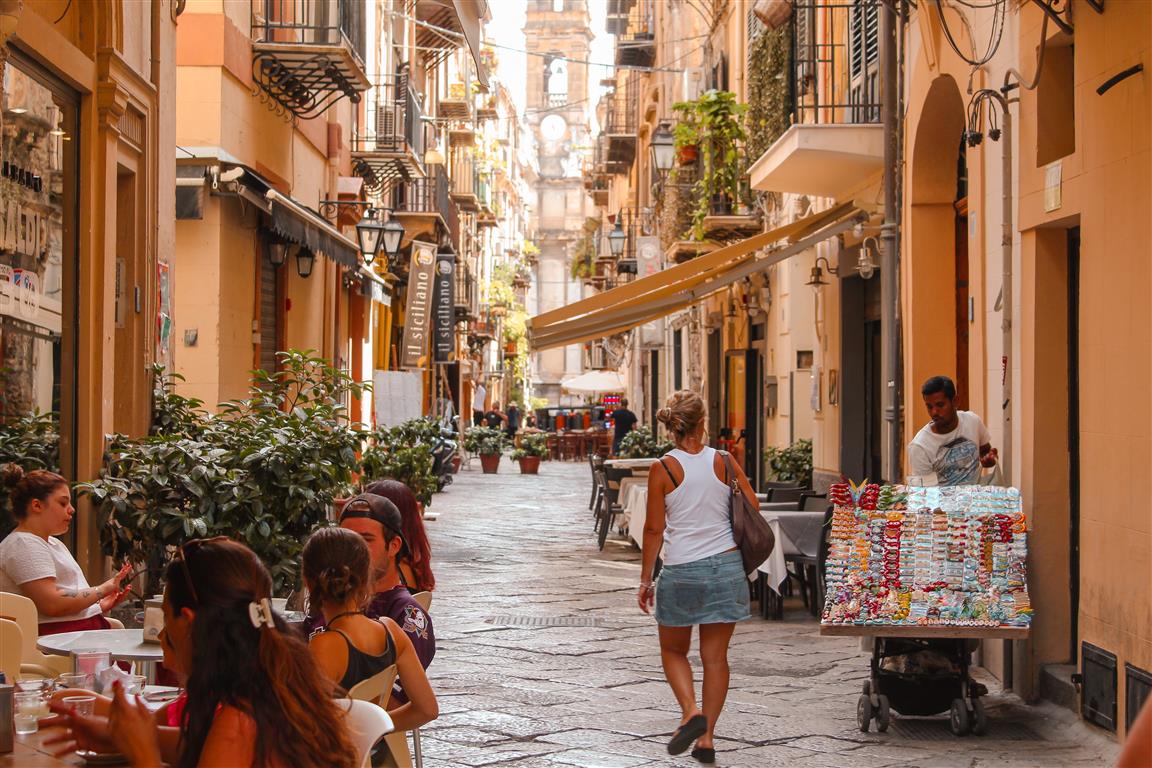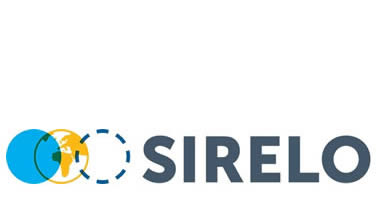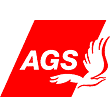Working in Italy for foreign nationals: tips and steps

Sponsored by LEXIA Avvocati
The Italian labor market, as well as for most European countries, has been rather bumpy lately. However, signs of recovery are evident, which may prove useful indicators for all those who live abroad but are considering Italy as a destination for their next work experience.
According to ISTAT, the number of employed people in the first quarter of 2022 is up by +0,5%, compared to the fourth quarter of 2021. The increase mainly concerns fixed-term employees (+2.4 %), but also permanent employees (+0.2 %) and self-employed (+0.3 %). The growth may undoubtedly be due to last year’s negative data still affected by the health crisis effects. However, it is a positive indication of a recovering trend.
Among the encouraging data we also have a narrowing of the citizenship gaps: among foreigners, the growth in employment rates (+4.6 points) and the decrease in unemployment and inactivity rates (-2.7 and -3.2 points) are more intense than among Italians (+2.9 points, -1.8 and -1.8 points respectively). A promising sign for foreign workers coming to Italy.
How to move to Italy for working purposes as EU citizens
So how to reach Italy and start or continue a career there?
Those who come from an European Union Country do not need to undertake complex procedures to move to and find work in Italy.
According to Legislative Decree Feb. 6, 2007, No. 30. EU citizens have the right to move, stay and settle on the Italian territory, provided they have a valid identity document for expatriation and sufficient resources to live in Italy. The procedures for hiring a foreign worker belonging to the European community are not particularly critical as well, being the same as those for hiring an Italian citizen.
A "bureaucratic" tip, however, is to also apply for a tax code (codice fiscale) as soon as possible. It is the person's unique identification code valid in Italy (in US, for example, there is the SSN- social security number). This is an essential element if you want to have access to Public Administration services or have access to Public Health. It can be obtained at the Internal Revenue Agency (Agenzia delle Entrate) or at the police headquarters. Foreign citizens who do not have residence in Italy yet, will have to apply for it at their consulate instead. Remember, however, that it is mandatory to apply for residency in Italy by law once 3 months have passed since entering the Italian territory.
How to move to Italy for working purposes as non - EU citizens
Those from outside the European community, on the other hand, must take a more complex route.
First, it is necessary to apply for a visa to enter Italy. Visas can be either short-term (so called Schengen Visasa), which allow to reside in Italy for up to 90 days, or long-term (so called National Visas). The latter allow to apply for an extended residence permit, which is of varying length (usually one or two years) and renewable.
To work permanently in Italy, therefore, it is necessary to obtain a national visa to enter Italy. Then, after a maximum of 8 days from entering the country, it is required to apply for a residence permit.
Below we list the main visas and residence permits for working in Italy:
- EU Blue Card: is a visa designed for highly skilled workers who already have a job offer from an Italian company. It is suggested to check carefully the requirements to see if the profession falls within the approved categories. In general, we identify as highly skilled workers those who hold a qualification issued by institutions of higher education lasting at least 3 years and attesting the completion of post-secondary education.
- Intra-Company Visa: these visa and residence permit allow workers, employed by foreign companies, to be temporarily relocated to Italy to work at an Italian entity belonging to the same corporate group (that can be a subsidiary, branch office or representative office of the foreign company, for example).
- Employment Visa for specific professionals: some visas are dedicated to those who come to Italy to pursue specific professions. These include foreign professors who must conduct research or teaching in Italy, or translators and interpreters, artists, circus performers, dancers, performers and technicians working in theaters, clubs, TV and cinema, events or concerts. Also included are athletes from clubs affiliated with the Italian National Olympic Committee (CONI); journalists from foreign newspapers, au pairs and nurses.
All these resident permits have a maximum validity of 2 years, and they are renewable. After 5 years of continuous registered legal residency in Italy, the non EU citizen who can demonstrate a sufficient income and knowledge of Italian Language (at least A2) is be eligible to apply for an Italian permanent residence permit.
None of these visas and residence permits are limited by the quantitative restrictions imposed by the Flow Decree.
The following visas and residence permits, on contrary, are subjected to the Flow Decree.
- Start-up Visa: this visa is for those who wish to set up an innovative start-up in Italy, as well as to transfer their residence.
- Visa for directors or auditors of Italian companies wishing to move to Italy. The company must have been active for at least 3 years before applying for the visa.
- Self-employment visa for self-employed professionals having clients in Italy: visa for self-employed professionals, whether they carry out regulated professions (which means that are registered with a professional association) or unregulated ones.
What is the Flow Decree?
The last 4 visas mentioned, as we said, are subjected to restrictions. In fact, every year, the Italian Government decides how many visas can be issued through the so-called Flow Decree. The Flow Decree regulates the number of people from outside the European Community who may reside in Italy. The decree also determines which and how many conversions among residence permits can be requested by foreigners already residing in Italy.
To see the complete list of visas for Italy, requirements, procedures and timelines, visit italianvisa.it.
How to look for a job in Italy
Unless there’s the wish to pursue a career as a self-employed person, the ideal is to look for work in Italy in advance and move in Italy with an offer already in hand. In fact, the employer can take care of applying to the Immigration Desk of the competent Provincial Office of the Ministry of Interior for a visa and residence permit, always keeping in mind the limits imposed by the flows decree.
Among the most in-demand jobs in Italy, according to Randstad research, we have warehouse workers, machine tool operators and metal workers, nurses and social-health workers, call centre workers and electricians. Also in high demand are IT and ITC-related jobs such as web developers, help desk and system administrators.
The most direct way to apply for open positions at Italian companies is to monitor Linkedin job postings, consult portals dedicated to job search (Monster.it, Indeed.com and Jobrapido.com) or consult the job boards of recruiting agencies (such as Randstad, GiGroup and Adecco).
If you want assistance for obtaining an Italian visa, residence permit or citizenship, contact the leaders in Italian immigration Law & VISA services in Italy: ITALIANVISA, a division of Lexia Avvocati law firm.
- My Life Abroad -
A selection of expat stories

"A fun compulsive read!"
J. Matcham, Amazon
"I strongly advise people ready to live abroad to read this book!"
Patrice, Amazon

 Entrepreneurship for the Trailing Spouse
Entrepreneurship for the Trailing Spouse Guide to Finding a Job Abroad
Guide to Finding a Job Abroad Guide to Becoming Location Independent
Guide to Becoming Location Independent 
 AGS Worldwide Movers
AGS Worldwide Movers Fexco payment solutions
Fexco payment solutions 1stMove Car Shipping
1stMove Car Shipping Embassies and Consulates in Italy
Embassies and Consulates in Italy